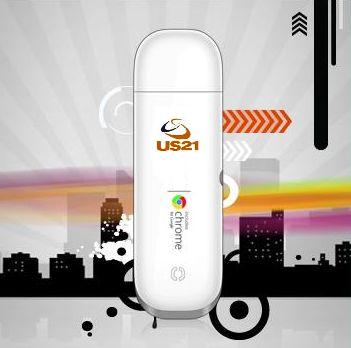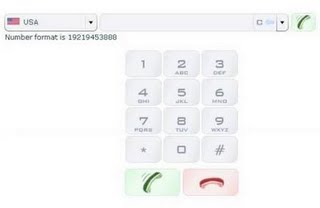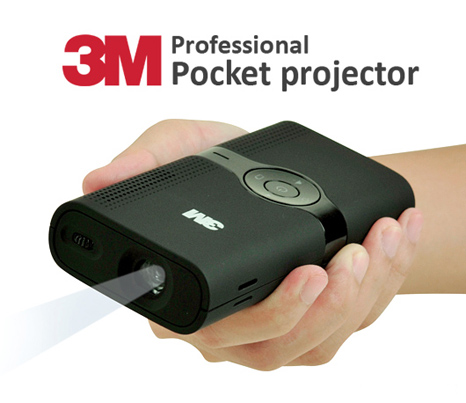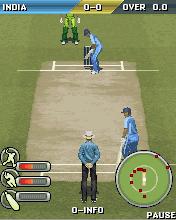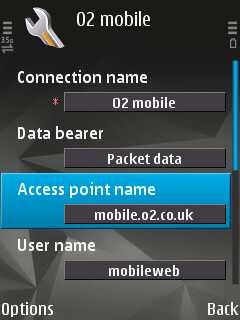
Despite a seemingly endless run of popularity, the mobile phone has for several years now been encountering a fairly difficult tussle with rival technologies. Whilst its soaring success rate in the 1990s no doubt arose due to faster production lines and technological developments in comparison with the internet, which only began to truly capitalise on its potential at the turn of the millennium, the lowly burner now finds itself with something of a crisis on its hands.
The question remains: how far can the internet and mobile telephone technology become part of the same neatly functioning, easy-to-use device? Are cyber communication and voice-to voice interaction two sides of the same coin or two opposing heavy weights in a high-speed tug of war? Whilst items such as iPhone and Blackberry strive to provide a marriage between modern Western favourites – the computer and the mobile – there nevertheless remains a strong argument for re-focusing strategies and shying away from such a confusing melange of work/play, touch screen/type screen technologies.
There is nothing wrong with the good solid mobile phone if you prefer to keep a handset for talking and texting, and engage with another device (computer, anyone?) for communicating across the globe, in an office or home context. If you are happy to ignore the insistent advertising of companies telling us that the only way to get around is to be able to eat, sleep, drink, do your tax forms and feed the dog via the same touch screen phone, you may find yourself pleasantly surprised.
There are plenty of workable, efficient and far from extortionate handsets available which can extend to playing the kind of roles we might ask of an iPhone or mini computer, without becoming the main hub of your online activities. A quick browse on the websites for any major network company such as Vodafone will throw back a multitude of options when you decide to go for a contract – before making a purchase, shop around – have a look at what a contract with a Vodafone mobile phone might offers its customers and offers of computer-copycat applications.
As standard, in most cases the handset sim comes free; in return the customer pays anything upward of 100 INR a month for various combinations of unlimited calls or texts, music applications, Bluetooth or limited/unlimited internet access.
Let’s face it, most people still prefer to see a screen or a paper in front of them rather than a miniscule phone touchpad; it might be worth bearing in mind next time you get tempted towards splashing out on an unnecessary hybrid.

